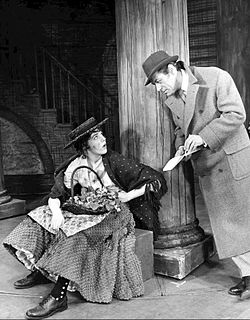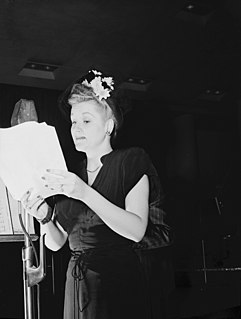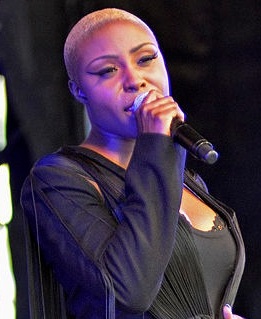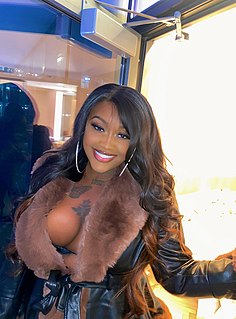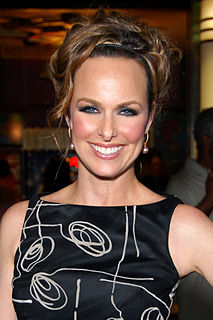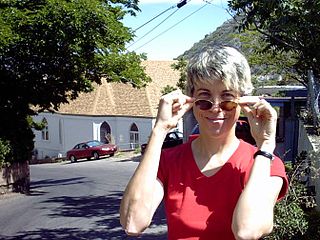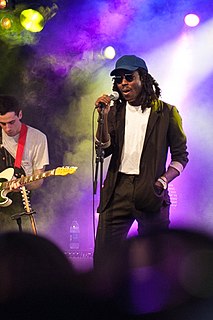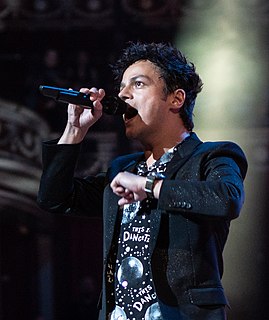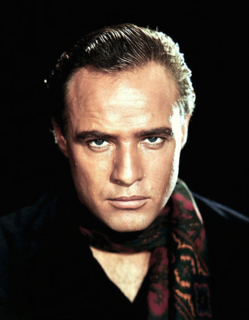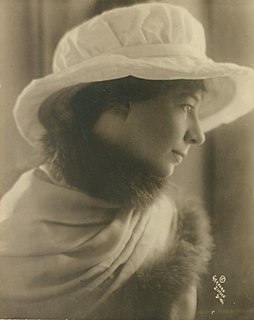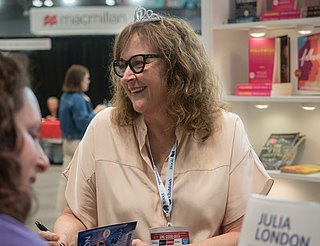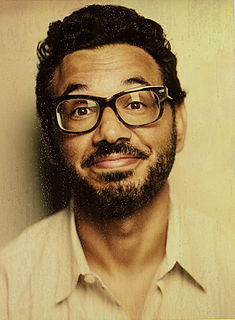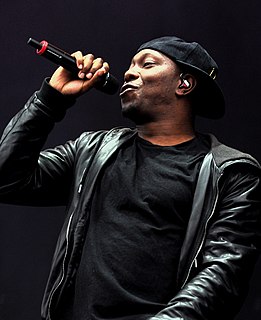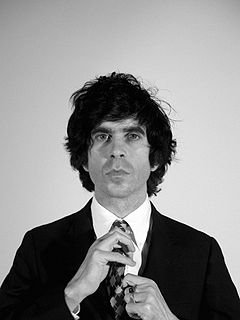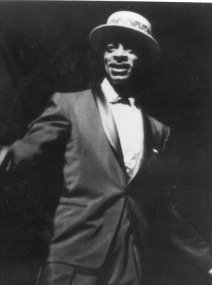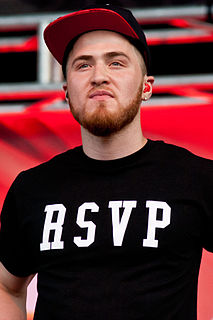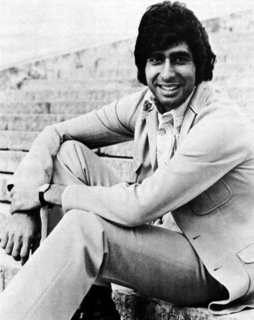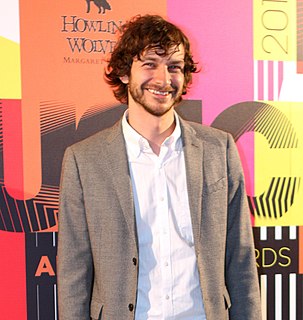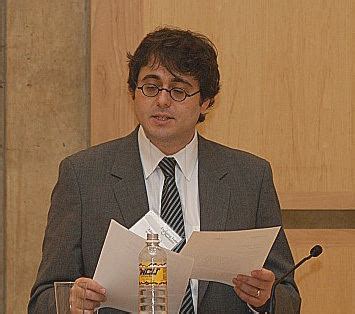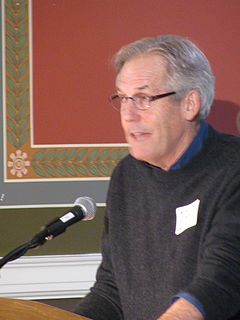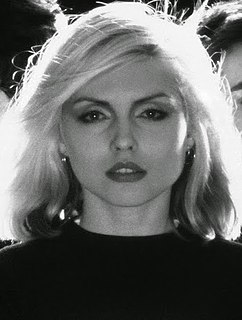Top 1200 Lyric Poetry Quotes & Sayings - Page 18
Explore popular Lyric Poetry quotes.
Last updated on October 12, 2024.
We have more poets than judges and interpreters of poetry. It is easier to write an indifferent poem than to understand a good one. There is, indeed, a certain low and moderate sort of poetry, that a man may well enough judge by certain rules of art; but the true, supreme, and divine poesy is equally above all rules and reason. And whoever discerns the beauty of it with the most assured and most steady sight sees no more than the quick reflection of a flash of lightning.
My own experience as a reader and writer has been that the more I read, and the more I live, the more different "types" of poetry I grow to love. I might not even believe anymore that there are "types" of poetry at all. I've come to love things I once would snootily have dismissed. Of course I still have my likes and dislikes, and there are things I think are just plain old bullshit, but more and more I am far more trusting of my loves than my dislikes.
What a contrast between the stern and desolate poetry of Ossian, and that of Chaucer, and even of Shakespeare and Milton, much more of Dryden, and Pope, and Gray! Our summer of English poetry, like the Greek and Latin before it, seems well advanced towards its fall, and laden with the fruit and foliage of the season, with bright autumnal tints, but soon the winter will scatter its myriad clustering and shading leaves, and leave only a few desolate and fibrous boughs to sustain the snow and rime, and creak in the blasts of age.
Chemistry has the same quickening and suggestive influence upon the algebraist as a visit to the Royal Academy, or the old masters may be supposed to have on a Browning or a Tennyson. Indeed it seems to me that an exact homology exists between painting and poetry on the one hand and modem chemistry and modem algebra on the other. In poetry and algebra we have the pure idea elaborated and expressed through the vehicle of language, in painting and chemistry the idea enveloped in matter, depending in part on manual processes and the resources of art for its due manifestation.
I think poetry can be a kind of secular way in which people can be led to approach the difficult parts of their life, where there's been loss, where there's sadness of a deep kind. If poetry can help people to be more at ease in expressing even to themselves a lot of the darkness and pain of ordinary human existence, then it's serving some kind of cultural role, perhaps more than a cultural role, perhaps it is serving something of a spiritual role.
Touch your inner space, which is nothingness, as silent and empty as the sky; it is your inner sky. Once you settle down in your inner sky, you have come home, and a great maturity arises in your actions, in your behavior. Then whatever you do has grace in it. Then whatever you do is a poetry in itself. You live poetry; your walking becomes dancing, your silence becomes music.
Kids today aren't listening to music audio-only. They're picking up a CD and looking at the lyric sheet and wondering why the pictures aren't moving around. Who wants to do that? It's like Bam Bam Flintstone hanging with the dinosaurs vs. Elroy Jetson who's flying around space. If I'm a kid, I wanna be kicking it with Elroy.
I have a tape recorder, and I just sing into it. I like to write that way. Sometimes I'll just get melodic ideas, and then I'll go home and sit down and add the lyrics. Or sometimes I'll get a lyric idea that I love. Usually it's pretty combined. Usually I get some kind of a lyrical concept and a melody and work with that.
I think what we like about music - and what we like about art in general....is that enterprise that stops our minds from spinning. Because we're always all over the place. A good song, a good lyric is a movie: it will just focus and calm and confer significance on this completely bewildering reality that all of us live in.
People have a very limited idea of what being creative is - playing the guitar or the flute or writing poetry - so people go on writing rubbish in the name of poetry. You have to find out what you can do and what you cannot do. Everybody cannot do everything. You have to search and find your destiny. You have to grope in the dark, I know. It is not very clear-cut what your destiny is, but that's how life is. And it is good that one has to search for it - in the very search, something grows.
Gunn would be an important figure-rewarding, delightful, accomplished, enduring-in the history of English-language poetry even were his life not as fascinating as it now seems; he would be an important figure in the history of gay writing and in the history of transatlantic literary relations even were his poetry not so good as it is. With his life as it was and his works as they are, he's an obvious candidate for a volume of retrospective and critical essays, and this one is first-rate.
It occurs to me to wonder: do I believe in any god, or even positively not believe, as James does? I believe in systems and methods. I believe in the beauties of philosophy and poetry. I believe that the work we do and leave behind us is our afterlife; and I believe that history lies, but sometimes so well that I can't bring myself to resent it. I believe that truth is beauty, but not, I'm afraid, the reverse. It doesn't seem sufficient to sustain one in life's rigorous moments. Perhaps I shall embrace Islam. Its standards for poetry seem very high.
I do like Canadian poetry. Christian Bök, Anne Carson, Carmine Starnino, and Don McKay are a few of the Canadian poets whose work has been important to me. But I'm not sure that I do see poetry as a world apart. Some of my metaphors are based in the fantastic, but I try to be true to life as I understand it. That understanding is affected by my Canadianness, my Americanness, my whiteness, my gender, my age, my education, my experience...everything about me affects my view of reality. But I try to wrestle against those partialities, not embrace them.
Particularly when I thought of myself as a Wallace Stevens acolyte, I wrote very difficult poetry and I was really guilty of not knowing what I was talking about. I was going for a kind of clever verbal effect. I was trying to sound linguistically or verbally interesting. I had a sense, I guess, from just reading a lot of poetry of how a poem would start and how it would end but really I didn't know what I was doing. It had very little connection to my life.
The question now becomes about defining your terms. What is literature? Unless we allow it to encompass the oral tradition from which it grew, which means taking it back to Homer and beyond, it demands the written word - poetry and prose. [Bob] Dylan is no slouch at the written word, both in its own right, and transcribed from his lyrics, which have often been acclaimed as poetry and may well stand up as such. But that is not his métier.
There are some good things and some fantastic ones in Auden's early attitude; if the reader calls it a muddle I shall acquiesce, with the remark that the later position might be considered a more rarefied muddle. But poets rather specialize in muddles and I have no doubt which of the muddles was better for Auden's poetry: one was fertile and usable, the other decidedly is not. Auden sometimes seems to be saying with Henry Clay, "I had rather be right than poetry"; but I am not sure, then, that he is either.
Lyric night of the lingering Indian Summer, Shadowy fields that are scentless but full of singing, Never a bird, but the passionless chant of insects, Ceaseless, insistent. The grasshopper's horn, and far-off, high in the maples, The wheel of a locust leisurely grinding the silence Under a moon waning and worn, broken, Tired with summer.
My inspiration comes from so many things, it is hard to give credit to one. I find music of all kinds to be a great inspiration. A melody or a lyric can fire my imagination. Exercise is another. Endorphins fuel my thoughts - I tend to work out scenes and dialogue when I am exercising. Reading is also a great inspiration.
The quality of light by which we scrutinize our lives has direct bearing upon the product which we live, and upon the changes which we hope to bring about through those lives. It is within this light that we form those ideas by which we pursue our magic and make it realized. This is poetry as illumination, for it is through poetry that we give name to those ideas which are, until the poem, nameless and formless-about to be birthed, but already felt.
Most people don't take some things into consideration. When they hear an album, they hear the artist or they hear the lyric or they hear the melody. But they don't really think about the environment in which it was recorded, which is so important. It's that thing that determines what the album sounds like.
My daughter, who is 7 years old - I have no idea where she learned this - she made a video where she's beat-boxing. We have no idea where the beat-boxing came from, but all of a sudden, there it was. Now we're launched into lyric sheets for every single song that is current. They're all over our house.
It seems to me a purely lyric poet gives himself, right down to his sex, to his mood, utterly and abandonedly, whirls himself roundtill he spontaneously combusts into verse. He has nothing that goes on, no passion, only a few intense moods, separate like odd stars, and when each has burned away, he must die.
I began as a fiction writer - I had written three novels in my 20s and 30s. But as my work has gravitated towards literary nonfiction, or lyric essay or poetic essay, whatever you want to call it, I'm constantly beating my head against the wall 'cause I'm teaching a genre that's no longer that exciting to me and that I'm no longer practicing.
The only artists I have ever known who are personally delightful are bad artists. Good artists exist simply in what they make, and consequently are perfectly uninteresting in what they are. A great poet, a really great poet, is the most unpoetical of all creatures. But inferior poets are absolutely fascinating. The worse their rhymes are, the more picturesque they look. The mere fact of having published a book of second-rate sonnets makes a man quite irresistible. He lives the poetry that he cannot write. The others write the poetry that they dare not realize.
Whenever I work on the computer, I have folders and you know how you always give everything working titles, if you have a riff or a motif or a chord progression or a lyric written on a page, it's just a line or a word or something so I always give everything a working title when I'm making a folder.
I love lyrics. I've always been averse to the straight lyric idea. I guess a big part of it is, that songs that are literary always turn me off. Because they feel so abstract. Like a song. What is a song? We have to remember what the function of a concert and the function of playing a song for people are. It's all become really abstracted.
In vocal choreography you had to give a lot of consideration to the fact that you were working with singers and not dancers. But you had to make singers look like they were dancers, and to make the movements as natural as possible, and there to be an association with the movement, uh, somewhat to what the lyric was saying.
I've stood in long lines, in the rain and under the sun, just to buy a pack of butter or a box of paper napkins. I've seen mothers running after the corpses of their martyred sons, oblivious to whether their headscarves or their chadors or their stockings and shoes were slipping off or not. I won't say any more. In the light of all this, how did you expect my poetry to be joyful or, as in my recent poem, to speak of love? Even so, more than half of my poetry is joyful and these are the products of the moments when I've felt happy.
I was going through some stuff regarding my mom and dad. There was 30 years difference [between them], so when you hear the lyric, "Girl I love you / You know I do / And I do not doubt / That you love me too / But you're so young / Your life has just begun", that's what I was wondering. They were married for 44 years.
I like to separate the music- and lyric-writing processes if I can. I'll sort of noodle around on my keyboard and my computer until I have a beat or a chord progression, I'll record it as a loop, export it to iTunes, then walk around with the loop and sort of talk to myself in the loop, and that's how I get the lyrics.
This 'Making Mirrors' album is far more personal, even if there's a character element to the sounds I'm working with. Every song on this album I stand behind; I feel like I have a close relationship with them. There are older songs where I can feel myself writing a story, so this is the first album where I'm proud of every lyric.'
Music is my catharsis for that. It's an incredible blessing that I have this way of expressing myself through music and lyric, and I'm so grateful for that in moments of pain or of suffering - that I have this means of channeling it; it's really amazing. My band as well - having them around and being able to jump on stage and bond together and share that energy is really uplifting as well.
In the 1970s, for example, I found myself learning to relish the poetry of Andrew Marvell and Sir Thomas Wyatt, and getting a handle on poetry of plainer speech than I had dwelt with heretofore. Which led me into a new appreciation of middle [William Butler ] Yeats, of the short three-beat line and forward-driving syntax, and that paid in, in turn, to a poem like Casualty in Field Work. The traffic, however, was usually the other way. My teaching was animated by what I was reading and being excited by as a poet.
I love creating. I am addicted to the drug of creation and creating things. I get a little depressed when I am struggling to find what I know is locked inside. If it's a lyric or something that is challenging me, I can be very depressed, but when it's like heaven opens up and it gives you a song, it's amazing. There's nothing else that I enjoy more probably.
It is worthwhile adding that the power of the poem to teach not only sensibilities and the subtle movements of the spirit but knowledge, real lasting felt knowledge, is going mostly unnoticed among our scholars. The body of knowledge locked into and releasable from poetry can replace practically any university in the Republic. First things first, then: the primal importance of a poem is what it can add to the individual mind.Poetry is the voice of a poet at its birth, and the voice of a people in its ultimate fulfillment as a successful and useful work of art.
I wrote poetry for seven or eight years, maybe longer, before I could say I was a poet. If people asked, I'd say I wrote poetry; I wouldn't go further. I was in my mid- to late-thirties before I felt that I was a poet, which I think meant that I had begun to embody my poems in some way. I wasn't just a writer of them. Hard to say what, as a poet, my place in the world is. Some place probably between recognition and neglect.
I haven't written poetry in a long time but I read it and I miss it. It is so hard to write. So hard to finish, so hard to find the exact word to make it shine. In honor of my youth I will write a poem to finish this essay. It is spring in the Ozark Mountains. The yellow flowers are blooming and the birds wake me at dawn and last night five planets lined up by the moon in the western sky. If that doesn't inspire me to poetry what will?
The Baathist state did two things extremely well. One was create information-gathering intelligence networks and a filing system. There's actually a lot of information on a lot of people and that is a major achievement of a police state. The second one is the promotion of literature and poetry, and the arts generally. So this is a state that's producing mass police archives - surveillance - and poetry. And in fact a lot of the archives are about what poets are writing or what they should be writing.
The poems in Helena Mesa’s virtuosic first book, Horse Dance Underwater, run with such speed, verve, and alacrity they leave you breathless, exhilarated, and transformed as if the purest kind of song had lifted you into the air. By this quickness of language finding lyric speech, Mesa’s poems remind us of art’s joyous and ecstatic effects.
Music has its own emotional embodiment. It carries an emotion with it. When you associate a lyric with the music, it's much easier; but when you're standing there completely dry in front of the camera with no musical background, just a fine-tuned, get-this-emotional-story across, it's a very, very intense kind of focus.
I don't think poetry needs to be "easily understandable." First of all, there are often complexities of syntax, form, unfamiliar absences, etc., that require a deeper concentration than is usually demanded of us. So that, right off the bat, is a little difficult. Then there is the deeper issue of what poetry is really asking of us. I feel it is asking us to read with great, even sacred, care and attention. That, too, is difficult. It requires discipline and the creation of a temporary zone of privacy, which is inimical to our current conditions of life.



